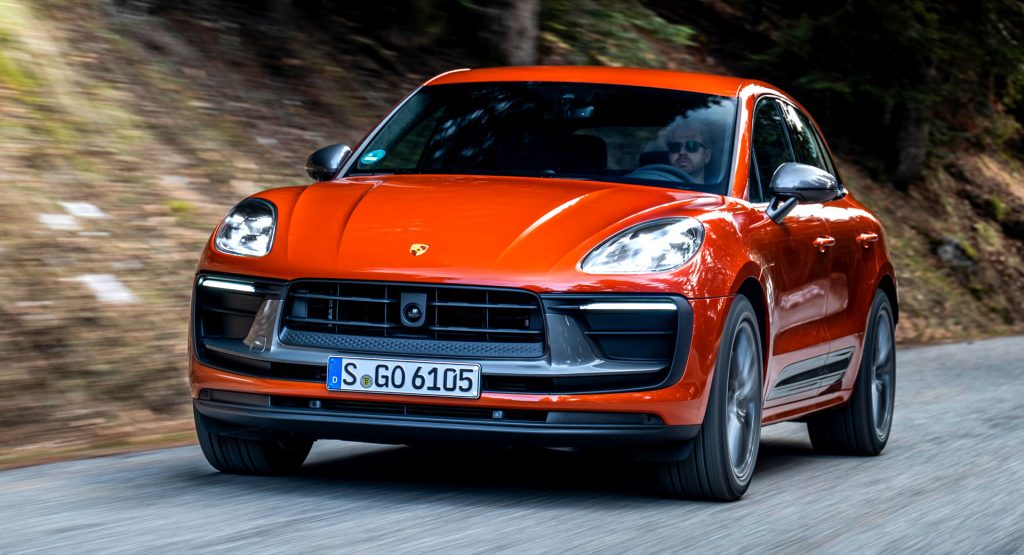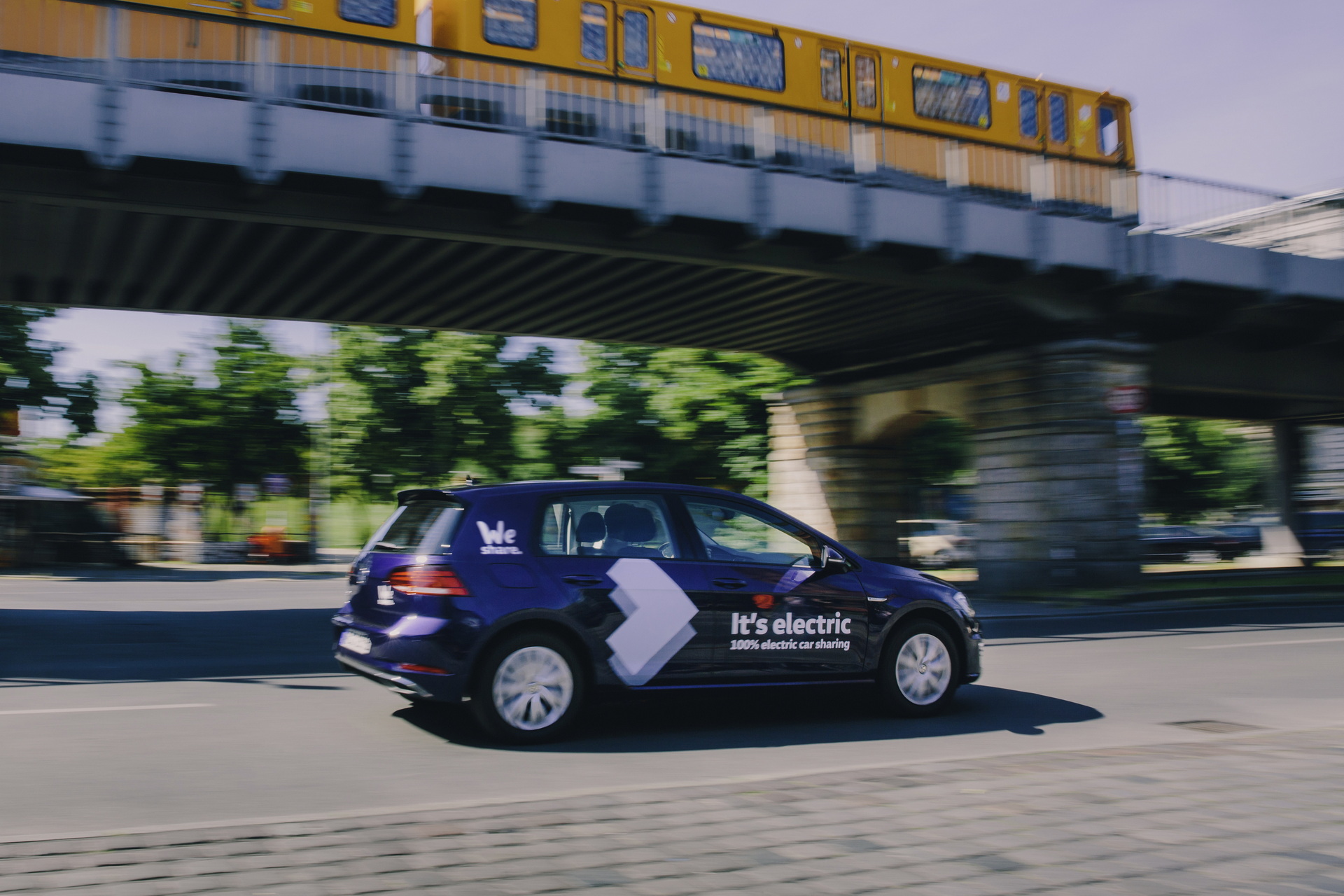Europe is reckoning with its dependence on Russian oil as that country’s invasion of Ukraine enters its third month. Such is the anxiety in Germany that ADAC (the Allgemeiner Deutscher Automobil-Club, or “General German Automobile Club”) has sent out an open letter to its members encouraging them to drive less.
The ADAC “appeals to club members to use less fuel and thus reduce dependence on crude oil imports,” it wrote in a letter, per DW. “The dependence of our country on Russian energy imports has become very clear. This makes it all the more important to reduce them quickly. Every individual can make a contribution to this.”
The letter was published on the same day that Gazprom, Russia‘s majority state-owned international energy corporation, announced that it would stop supplying its products to Bulgaria and Poland. That has prompted further concern in Germany, which also depends on oil from Russia.
Read Also: Russian Oligarch’s €600,000 Armored Mercedes-Maybach Seized As Part Of EU Sanctions
Weniger Kraftstoff verbrauchen und die Abhängigkeit von Rohöl-Importen senken helfen 💛🙏 Wir starten die Kampagne #spritsparenundhelfen. Hier den offenen Brief des #ADAC Präsidiums lesen -> https://t.co/uT5sZryDFQ pic.twitter.com/N76pvQVllM
— ADAC (@ADAC) April 27, 2022
The European Union has called Russia’s actions an “instrument of blackmail” that shows the country’s “unreliability as a supplier,” per the BBC. The Kremlin, though, said it was responding to “unfriendly steps” taken by Western nations.
Poland called the move a reaction to its sanctions against Russian individuals and firms. Many European nations and NATO members, among others, have implemented sanctions on Russia, in some cases seizing assets owned by people who are closely tied to Russian President Vladimir Putin.
Bulgaria depends on Gazprom for more than 90 percent of its gas supply and the country’s president said that “one-sided blackmail was not acceptable.” It has taken steps to find alternative sources but no restrictions on gas consumption are currently required of Bulgarians.
ADAC, though, is encouraging its members in Germany to be proactive and slow down when they are driving or to avoid driving altogether whenever possible.
“We ask you to check whether and which car journeys you might be able to do without,” the ADAC wrote. “If you have good access to public transport, you should make more use of it. Some routes can also be covered by bicycle or on foot.”
Germany’s government, meanwhile, has previously said that it wants to wean the country off Russian oil imports by the end of the year, in response to the conflict in Ukraine.





